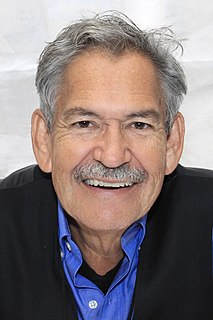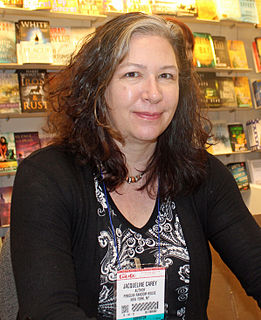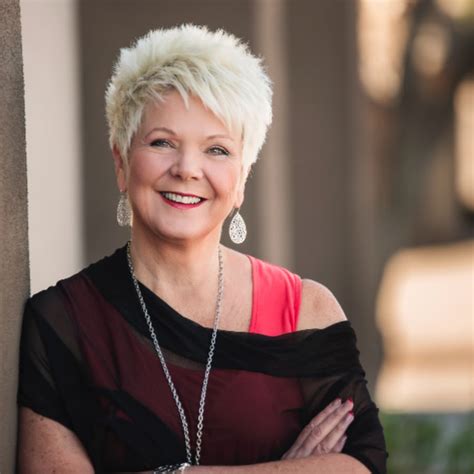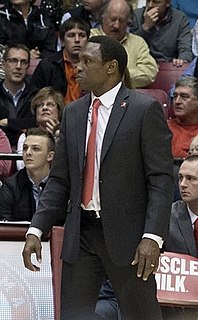Цитата Жан-Клода Юнкера
Во время нашего религиозного обучения в школе мы всегда спрашивали: как можно доказать существование Бога? И я узнал, что католическая церковь, которая никогда не теряется в ответе на экзистенциальные вопросы, отвечает так: этот вопрос просто не возникает.
Связанные цитаты
Мы пытаемся уйти от вопроса о существовании с помощью собственности, престижа, власти, обладания, производства, удовольствия и, в конечном счете, пытаясь забыть, что мы — что я — существуем. Сколько бы он ни думал о Боге, ни ходил в церковь, ни верил в религиозные идеи, если он, весь человек, глух к вопросу о бытии, если у него нет на него ответа, он маркируется. время, и он живет и умирает, как одна из миллиона вещей, которые он производит. Он думает о Боге вместо того, чтобы переживать Бога.
В некоторых сообществах не допускается открытый и честный вопрос о самом важном. Многие люди выражали обеспокоенность, выражали сомнения или задавали вопросы, но их семья, церковь, друзья или племя говорили им: «Мы не обсуждаем здесь такие вещи». Я считаю, что сама дискуссия божественна. Авраам делает все возможное, чтобы торговаться с Богом, большая часть книги Иова состоит из рассуждений Иова и его друзей о глубочайших вопросах человеческих страданий, Бог практически предстает перед судом в Книге Плача, и Иисус отвечает почти на каждый вопрос, который он задает. спросил с... вопросом.
Я не сомневаюсь в том, что Римско-католическая церковь учит, что аборт практически при любых обстоятельствах является неправильным. Я думаю, что позиция церкви во все времена современной истории была однозначной против абортов. Но это не вопрос для католика, который является государственным чиновником. Я как личность разделяю позицию церкви. Тем не менее вопрос, как предложил губернатор Марио Куомо, заключается в следующем: каковы ваши обязательства как гражданского лидера? Я полностью согласен с Джоном Ф. Кеннеди. Я отвечаю только перед своей совестью в общественной жизни и все.
Я бывший католический священник. У меня такое сложное отношение к католицизму. С одной стороны, если я называю себя католиком, это должно быть очень неортодоксально, так как я просто не верю во все учения Церкви. Но с другой стороны, я образованный человек, потому что меня воспитала католическая церковь. Это дало мне то, что действительно важно для меня. Поэтому я всегда думаю о своей вере. Он у меня всегда есть, и иногда я не могу об этом говорить, а иногда могу. В этом смысле я похож на подростка. Подростки задают вопросы: кто такой Бог и что значит иметь веру?
Каждый из нас может сидеть и ждать смерти с самого дня нашего рождения. Те из нас, кто этого не делает, решают задать — и ответить — два вопроса, которые определяют каждое сознательное существо: Чего я хочу? и что я буду делать, чтобы получить его? Которые, наконец, только один вопрос: Какова моя воля? Каин учит нас, что ответ всегда можно найти в нашем собственном опыте; наша жизнь обеспечивает структуру вопроса, и правильно сформулированный вопрос содержит свой собственный ответ.
Я вырос в Новом Орлеане, и мои мама и папа были прихожанами. Я бы пошел с ними в церковь. Кроме того, я ходил в католическую школу, поэтому я был очарован католической церковью главным образом потому, что, на мой взгляд, (их службы) не занимали много времени. Я метался между маминой баптистской церковью, которая называлась Второй сионский баптист, и католической церковью.
Я воспитывался в церкви; Я ходил в католическую школу; я был прислужником; Я поступил в католический университет; Я был погружен в моральные традиции католической церкви. Мой католицизм играет очень сильную роль. Но я думаю, что президент Джон Ф. Кеннеди ответил довольно хорошо, когда сказал, что в конечном счете мое поведение в качестве государственного чиновника не происходит ex cathedra из Рима; это исходит от моей совести.
Если вы не внесете духовное и религиозное измерение в наш политический разговор, вы не зададите действительно большого и важного вопроса. Если вы не привнесете ценности и религию, вы будете задавать поверхностные вопросы. Что такое жизнь? Каково наше отношение к Богу? Это важные вопросы. Каковы наши обязательства друг перед другом и обществом? Если мы не задаем эти вопросы, остаточные вопросы, которые мы задаем, не так интересны.

































